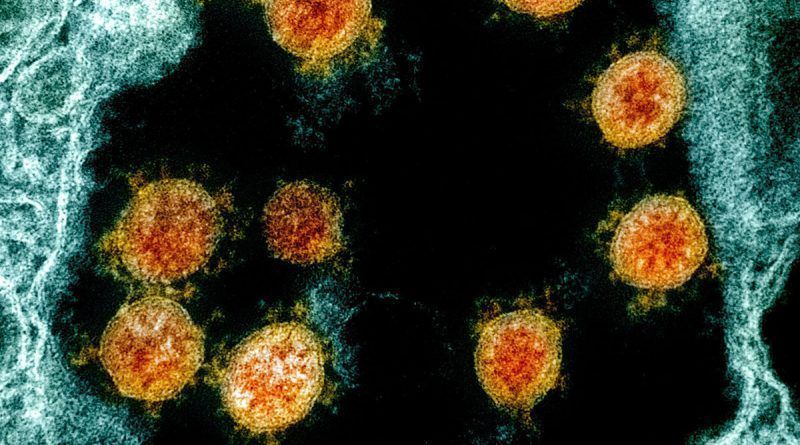Coronavirus disrupts epigenetic tags in the human genome
Coronavirus disrupts epigenetic tags in the human genome
Biologists from the United States have discovered that some protein components of SARS-CoV-2 particles can penetrate human cell nuclei and disrupt epigenetic marks on the surface of DNA, which regulate the activity level of individual genes. The scientists’ findings were published in the journal Nature.
“Our experiments showed that the coronavirus protein ORF8 contains structures similar in structure to nuclear histone proteins. They are capable of penetrating cell nuclei and disrupting epigenetic regulation of gene activity,” the researchers wrote.
According to current scientific understanding, infection with the SARS-CoV-2 coronavirus leads to severe immune dysfunction, massive inflammation, and leads to the formation of micro clots and other problems that are life-threatening for the patient.
Epigenetics and coronavirus
Biologists have discovered another form of gene disruption associated with coronavirus infection. They have studied the functions of the proteins that the coronavirus uses to hide from the attention of the immune system.
The ORF8 protein, whose structure changes little as SARS-CoV-2 and similar pathogens evolve, plays a role in these processes. Researchers studied the two- and three-dimensional structure of this peptide and found sequences similar in shape to histone proteins.
This is what scientists call protein structures that are present in the nuclei of human cells and act as a kind of “spool” on which a strand of DNA is wound. The structure of histones determines how actively a cell reads a particular gene, so modifications of their structure play a role in the so-called epigenetic regulation of gene activity.
As the researchers found, the similar structure of histones and some parts of the ORF8 protein leads to the fact that the penetration of this viral peptide into the nucleus of the infected cell disrupts gene activity. Such a feature of ORF8 explains why strains of the virus that do not produce this protein cause significantly milder forms of COVID-19 than other variations of SARS-CoV-2.
